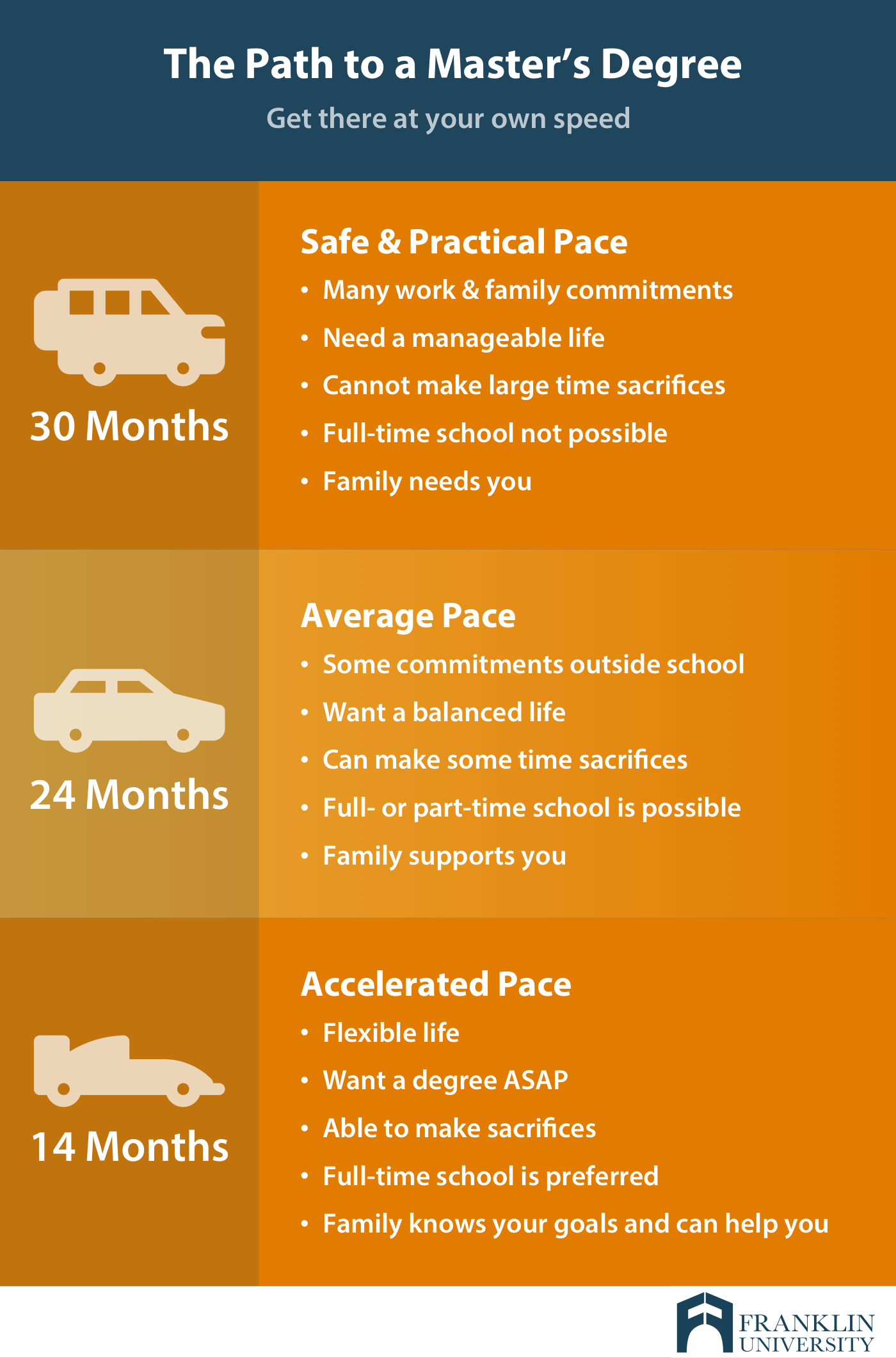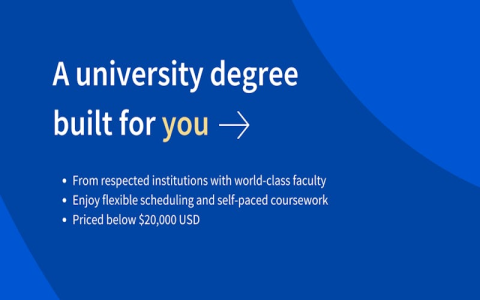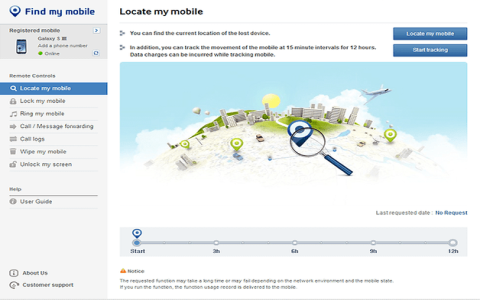Okay, so yesterday I got super curious about how long it actually takes to finish a master’s degree. Everyone always says “two years,” right? But life’s messy, money’s tight, and honestly, I was like, “There’s gotta be a faster way.” So I grabbed my laptop and started digging.
Step 1: The Basic Research Rabbit Hole
First, I just typed “how long for a masters” into the search bar. Boom – tons of sites yelling “TWO YEARS FULL-TIME!” like it’s gospel. Felt lazy, honestly. Didn’t even mention why it takes that long for most folks. So I dug into university program pages. Every single one had this fine print: “36 credit hours,” “thesis optional,” “practicum required.” Man, jargon overload. But then I spotted it: “part-time options available.” Way longer, though. Like 3-4 years. Nope.
Step 2: Hunting for Speed Runs
Next, I tried “fastest master’s degrees” and “accelerated masters programs.” Jackpot! Saw some claiming “12 months” or “18 months.” My eyes kinda popped. But here’s the kicker – most were online, crazy condensed, or for super specific fields like business or education. Found one university offering a “1-year MBA” if you grind 60-hour weeks non-stop. Sounds brutal. Worse? Prerequisites were nuts – needed a business undergrad degree AND work experience. Felt like a trap for the “already prepared.”
Step 3: Unpacking the “Accelerated” Label
Got suspicious. Clicked deeper into three “accelerated” program pages. Here’s what nobody spells out clearly:

- Summer = No Breaks: You take classes year-round. No summer vacations. At all. Burnout city?
- Course Loads are INSANE: One program listed “4-5 courses per term.” Regular full-time is usually 3. That’s like eating a whole pizza instead of slices. Messy.
- Thesis? Forget It: Almost every “fast” program dumped the thesis or big research project. You just take extra classes instead. Felt kinda… cheap? Like paying for a shortcut.
Step 4: Real Talk with Reality
I started emailing admissions folks. Asked straight up: “If I work full-time, can I REALLY finish fast?” One replied: “Technically yes, but we don’t recommend it.” Another was blunt: “The 1-year option assumes no job, no life, just school.” Oof. Also found hidden costs – fast programs often charge per term, not per credit. So if you fail one class? Gotta wait months to retake it, paying full fees again. Total scammy vibes.
Step 5: My Big Conclusion
Here’s the raw truth I pieced together: “Two years” is best-case, no-life scenario for traditional programs. Accelerated options? They exist, but:
- You’re either rich (to not work) or exhausted (working+studying).
- You sacrifice depth for speed – no thesis, just rushing.
- They’re rigid as heck. One hiccup? Your timeline explodes.
Honestly? Most “faster” paths feel like swapping time for your sanity or wallet. Maybe that two-year grind ain’t so bad after all. Or just… accept the slow burn. Still thinking it over.



